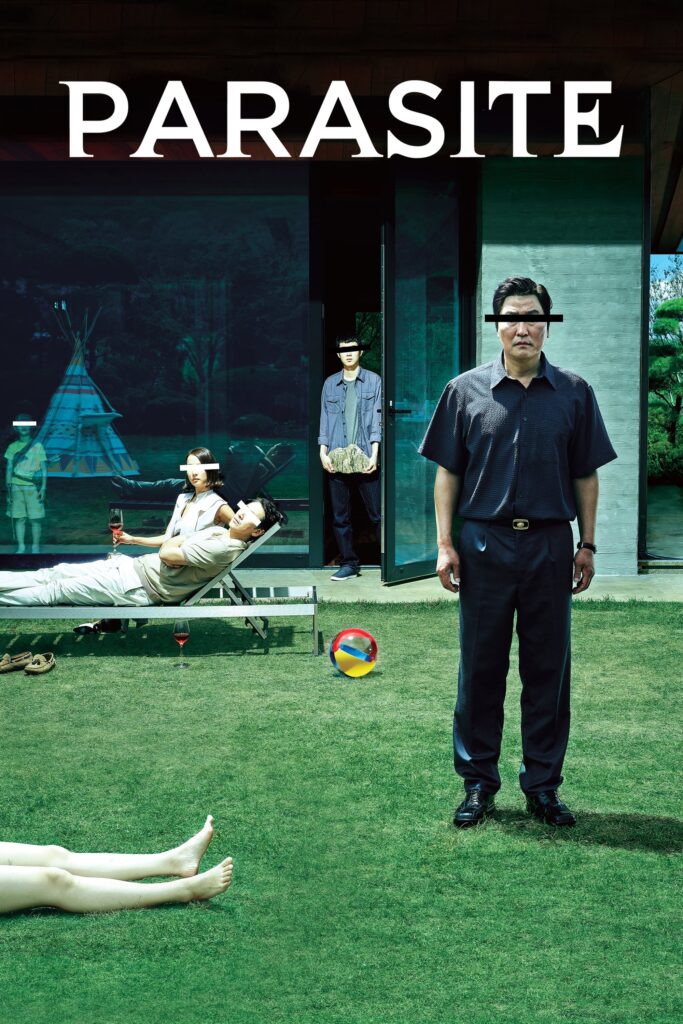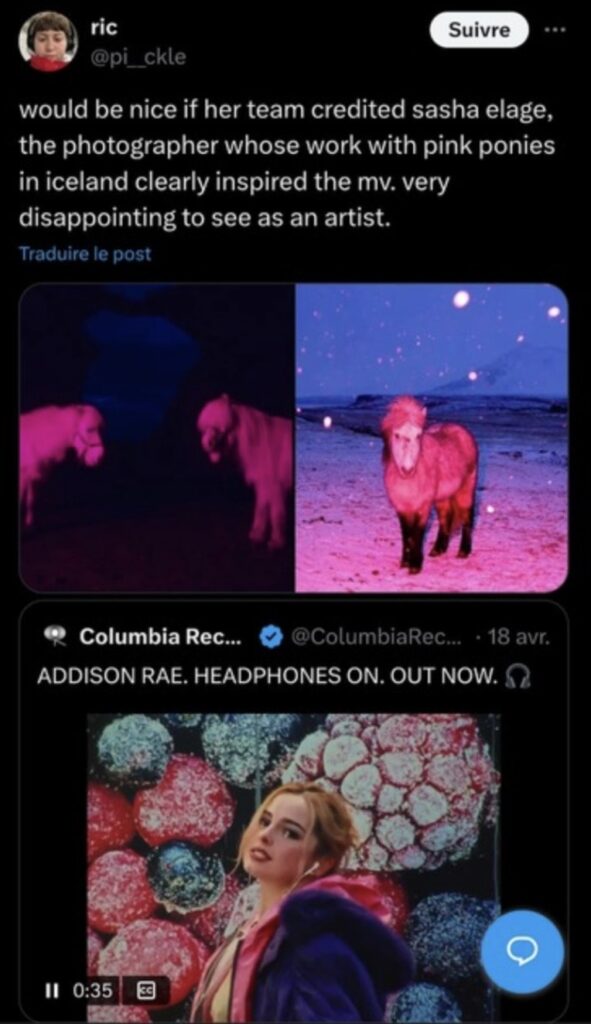A Powerful Reflection of Modern Society

The Parasite movie has become a cultural phenomenon since its release. It tells a gripping story while exploring complex social themes. Directed by Bong Joon-ho, this masterpiece gained critical acclaim, winning multiple awards, including the prestigious Academy Award for Best Picture. Let’s dive into what makes this film a groundbreaking exploration of class and inequality.
A Gripping Plot: The Parasite Movie Redefines Storytelling
The Parasite movie begins with the Kim family, a struggling working-class household living in a semi-basement apartment. They scheme their way into the lives of the wealthy Park family, pretending to be unrelated professionals. Each family member secures a job with the Parks, creating a symbiotic yet deceptive relationship.
As the story progresses, the plot takes unexpected and shocking turns. Bong Joon-ho masterfully combines dark humor, suspense, and social commentary to keep the audience engaged. The twists are not just plot devices; they symbolize the fragile balance between the rich and poor.
The ending leaves a lasting impression, challenging viewers to think about the consequences of inequality and the lengths people go to escape poverty.
Parasite Film: A Stark Commentary on Social Inequality
At its core, the Parasite film is a bold critique of class divides and systemic inequality. The Kim family represents the struggles of the working class, constantly striving for better opportunities but facing endless barriers. In contrast, the Park family epitomizes privilege, unaware of their dependency on the labor of others.
The film uses powerful metaphors to highlight the disparities between social classes. For instance, the Kim family’s semi-basement home contrasts sharply with the Parks’ luxurious mansion. Rain, a natural phenomenon, becomes a symbol of privilege or devastation, depending on one’s circumstances. While the rain cleanses the Parks’ yard, it floods the Kims’ home, forcing them into despair.
Bong Joon-ho’s use of the house as a central setting also underscores societal hierarchies. The division between upstairs and downstairs mirrors the invisible yet pervasive barriers that keep the rich and poor apart.

The Legacy of Parasite
Since its release, the Parasite movie has sparked conversations worldwide about social justice and economic disparity. Its universal themes resonate across cultures, making it a landmark in global cinema. Bong Joon-ho’s success has also paved the way for greater recognition of non-English films in mainstream media.
Winning the Academy Award for Best Picture marked a historic moment. It was the first non-English language film to achieve this honor, breaking barriers and setting a new standard for storytelling.

The Parasite movie is a masterpiece that transcends the boundaries of cinema. It entertains, provokes thought, and sheds light on the pressing issues of our time. Bong Joon-ho’s visionary direction and the film’s unforgettable narrative ensure its place in cinematic history.
If you haven’t yet watched the Parasite movie, it’s time to experience a film that redefines what storytelling can achieve.


























